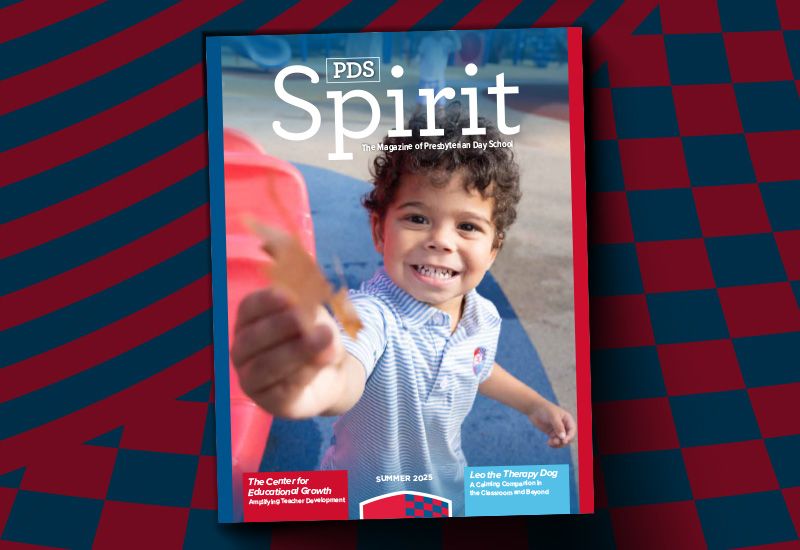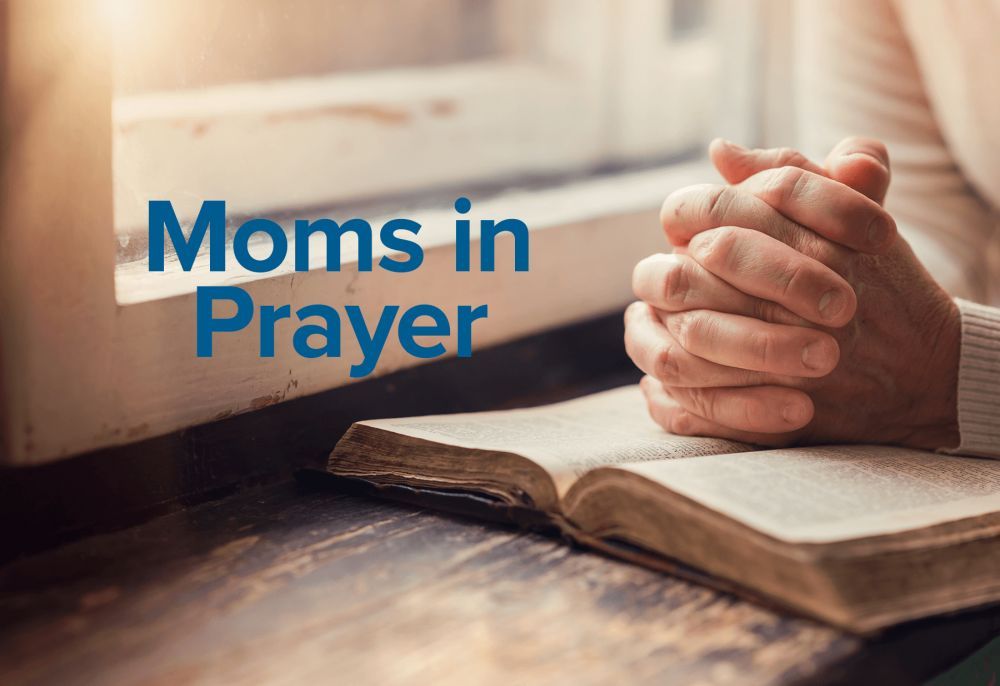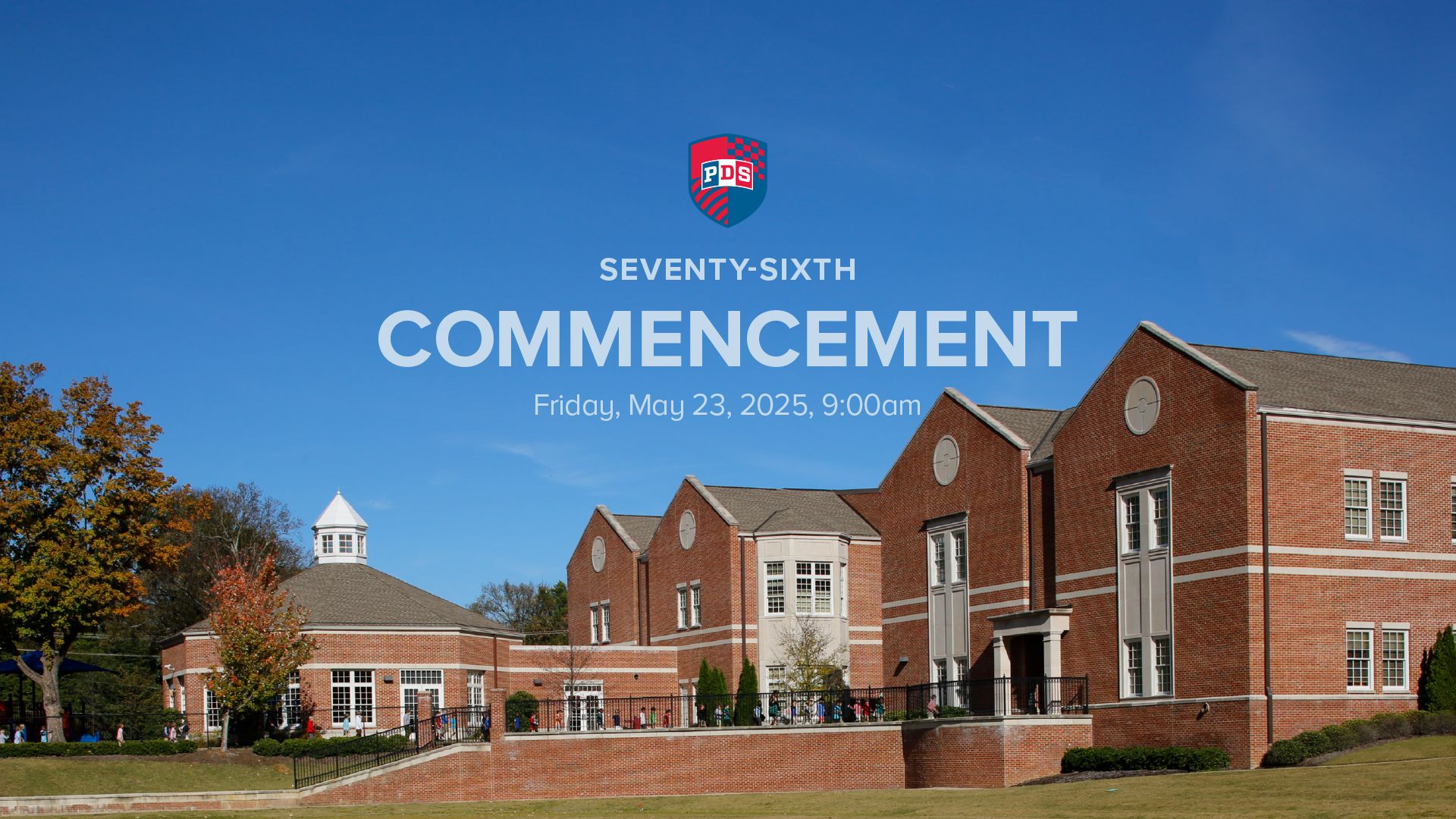Sixth Grade
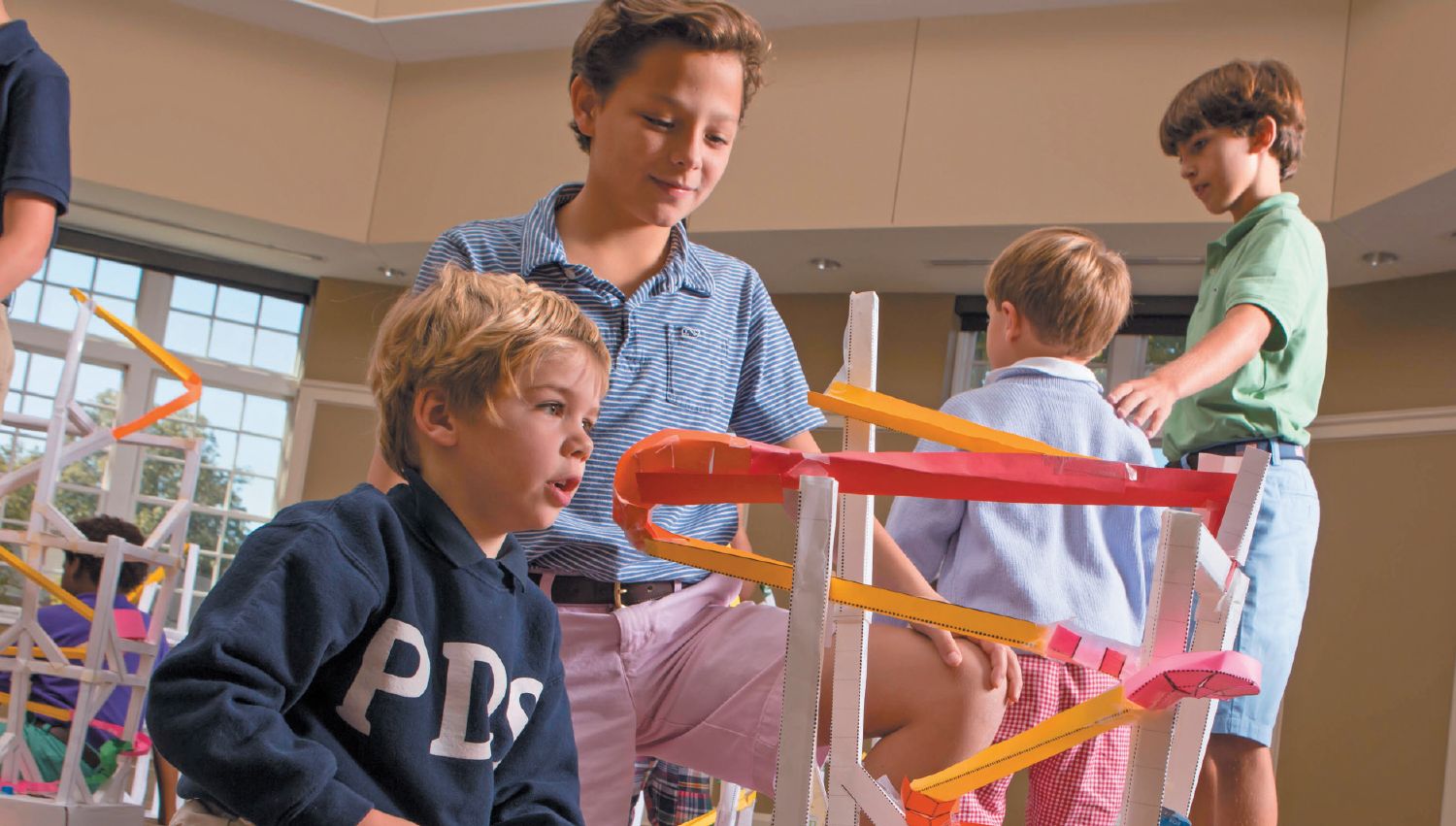
Sixth graders, as the leaders of the school, engage with early childhood students as mentors.
Language Arts
- Appreciate and respond to literature during Reader’s Workshop
- Integrate comprehension strategies while reading to gain understanding of text
- Analyze and apply literary elements and techniques
- Apply metacognitive skills while reading independently
- Apply the six traits of writing to all written texts
- Use the writing process effectively to write an organized story narrative, expository paper, MLA-formatted literary essay, and personal speech
- Rehearse and deliver a speech focusing on voice control and stage presence
- Identify the eight parts of speech, understand their functions, and use them effectively when writing
- Analyze sentence structure and edit writing samples for proper use of clauses, complements, prepositional and verbal phrases
- Examine word choice to develop accuracy and precision of language
- Complete analogies and state their relationships
Math
- Solve operations with decimals, fractions, percentages, and integers
- Convert fractions, decimals, and percentages
- Compute using order of operations
- Identify perfect squares and their roots and estimate the root of non-perfect squares
- Identify rational and irrational numbers
- Understand and solve ratios, rates, and proportions
- Differentiate between algebraic expressions and equations
- Solve 1-step and 2-step equations and 1-step inequalities
- Interpret the slope of a line
- Investigate geometric concepts such as Pythagorean Theorem, planes, transformations, angles, figures, and polygons
- Understand the Metric measurement system and use formulas to find perimeter, area, circumference, and volume
- Collect data and use data-analysis skills to relate data to real-life situations
Social Studies
- Investigate diplomatic relationships with countries today
- Make connections from the past to the present and possibly the future
- Explore history through controversial concepts such as Isolationism vs. Expansionism, Neutrality vs. Involvement, Cold War vs. Hot War, and Values and Morals vs. Violence and Terrorism
- Read for understanding and summarize historical events
- Conduct internet research
- Determine main ideas and worthy conclusions within texts and take informative notes
- State a claim and support it with historical data
- Apply understanding of vocabulary and sentence structure to write an essay featuring content and opinions of American history
- Use critical and creative-thinking skills to write a reflection on historical topics
Science
- Explore chemistry by studying the characteristics of matter, atomic structure, the periodic table, and formation of compounds
- Balance chemical equations
- Recognize the difference between an acid and a base
- Understand that cells are the smallest structural unit of plants and animals
- Observe that most cells share similar structures and have organelles that perform important functions within the cell
- Identify the parts of the cell
- Understand the role genetics plays in determining personal features
- Identify the components of a DNA molecule
- Compare characteristics of personal features
- Correctly complete a Punnett Square
Curriculum Overview by Grade
Early Childhood
Elementary
Curriculum Overview: Special Areas
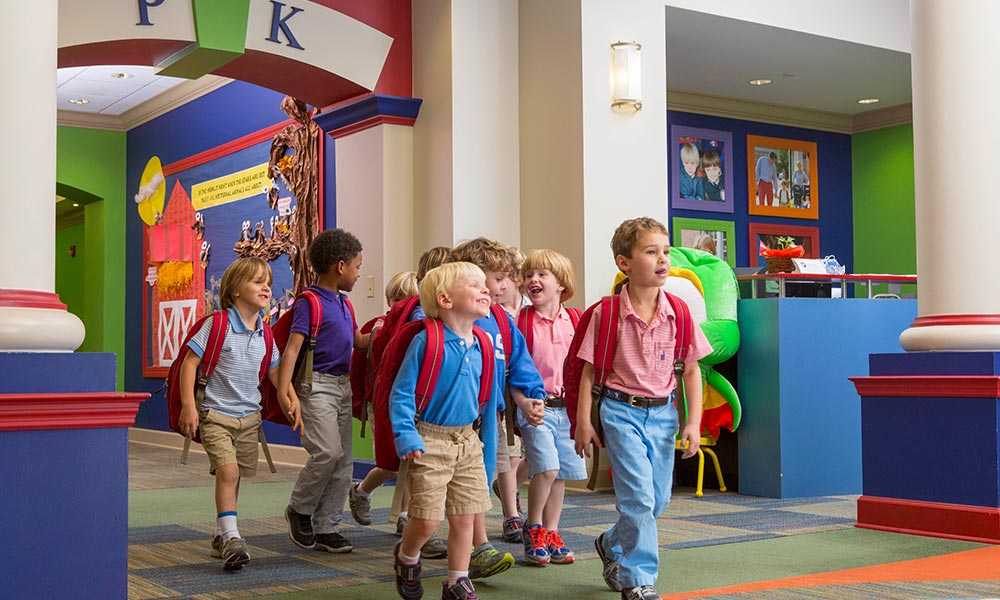
1
We intentionally educate and nurture the heart, soul, mind, and body of each boy.
Guiding Principles
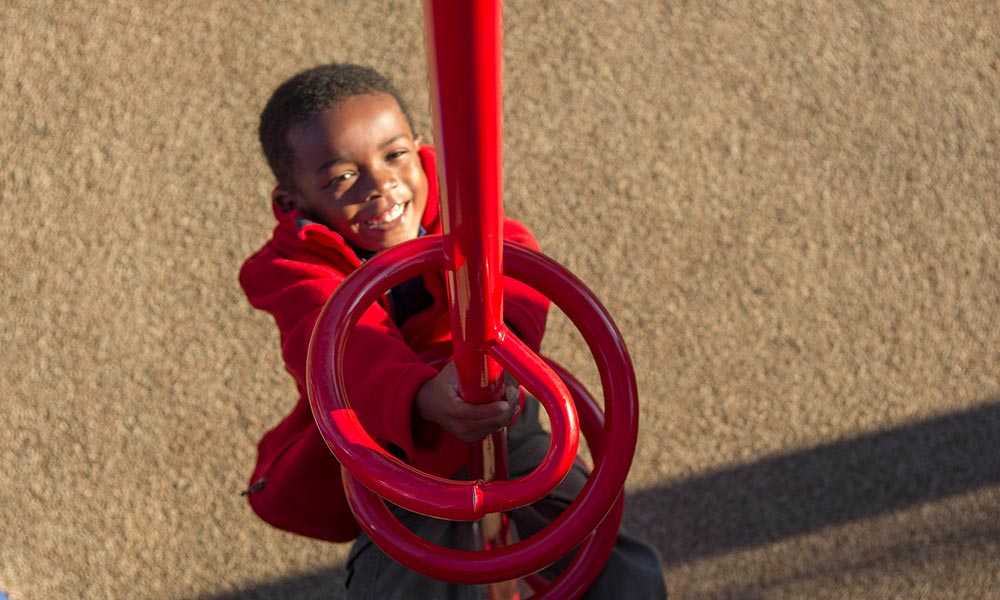
2
We know, nurture, and love each boy as a unique child of God.
Guiding Principles
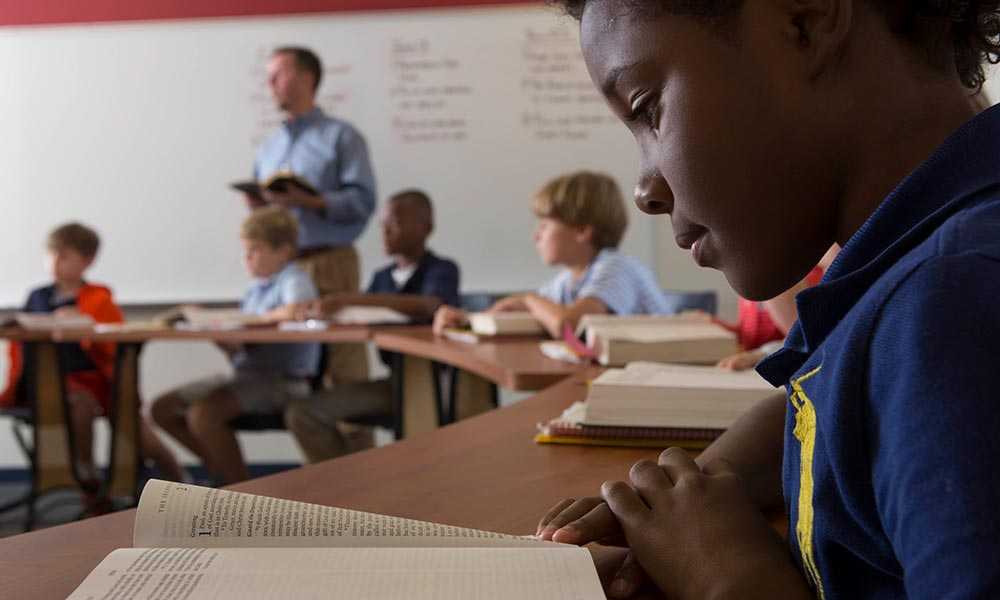
3
We teach the Bible and model the Christian faith to our boys.
Guiding Principles
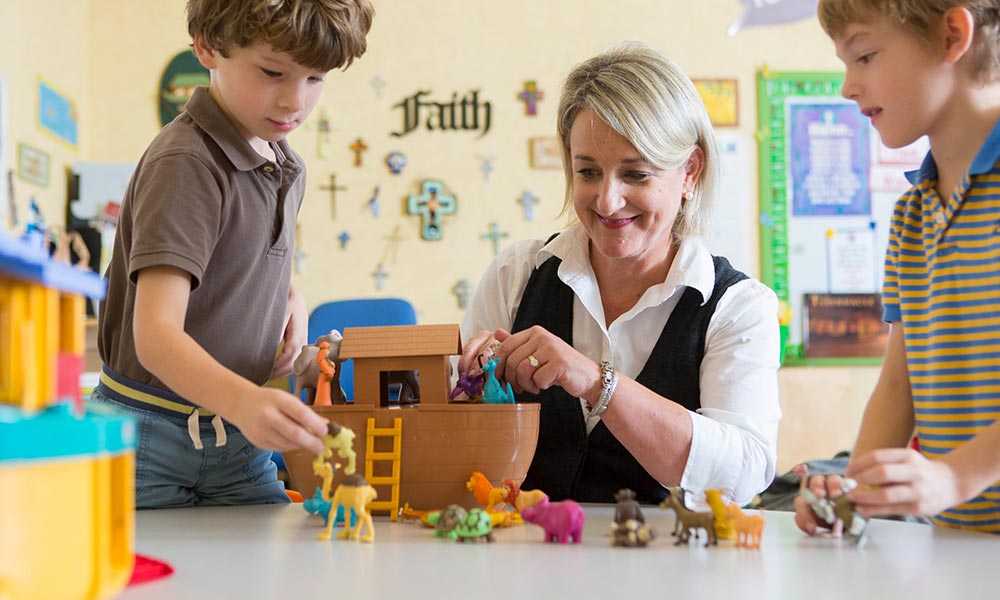
4
We aren't just teachers; we are life-long learners and students.
Guiding Principles
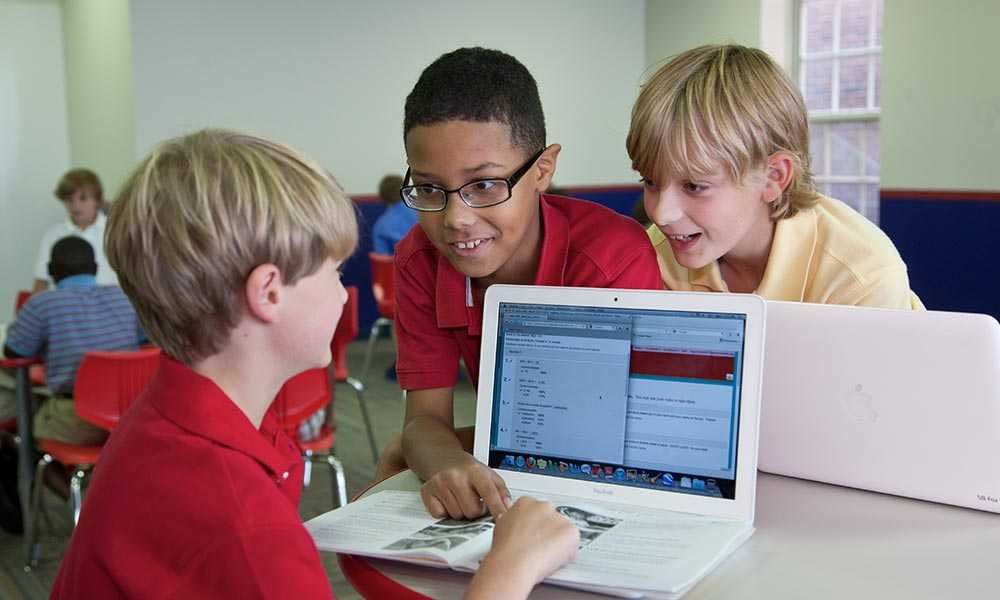
5
We push students to engage as thinkers.
Guiding Principles

6
In an increasingly connected world, our curriculum has a global perspective.
Guiding Principles
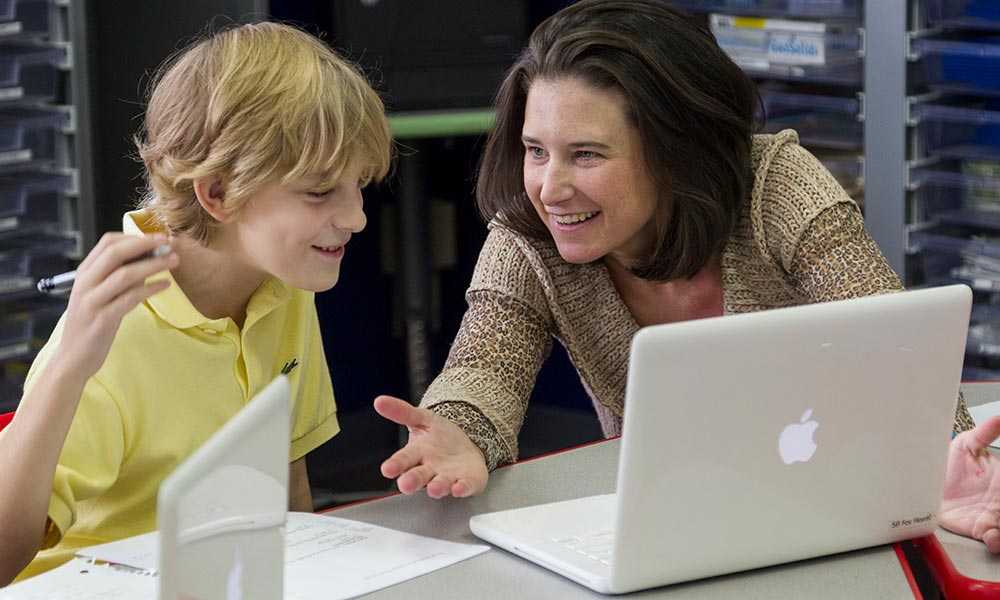
7
Flexible teaching strategies seek to maximize learning for each boy.
Guiding Principles
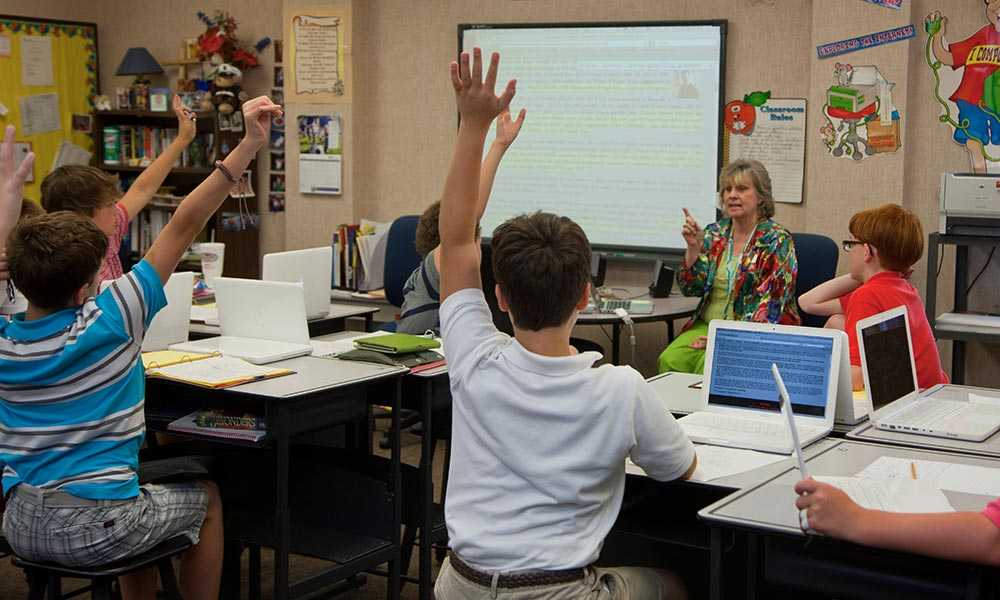
8
Our assessments aren't just a way to measure learning — we want our boys to demonstrate understanding.
Guiding Principles

9
We seek to enroll boys from diverse backgrounds.
Guiding Principles
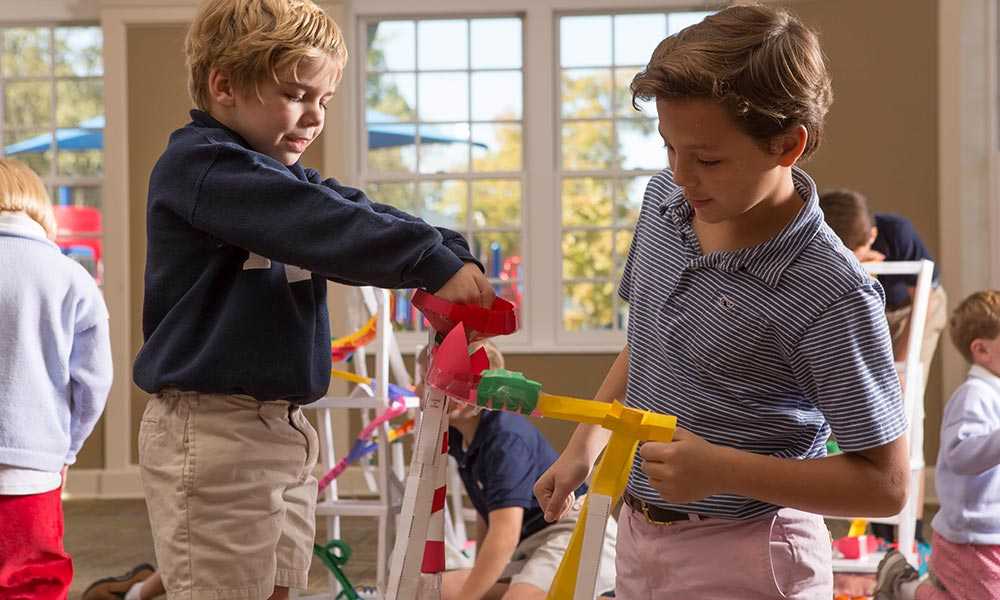
10
We seek balance and excellence in all we do.
Guiding Principles
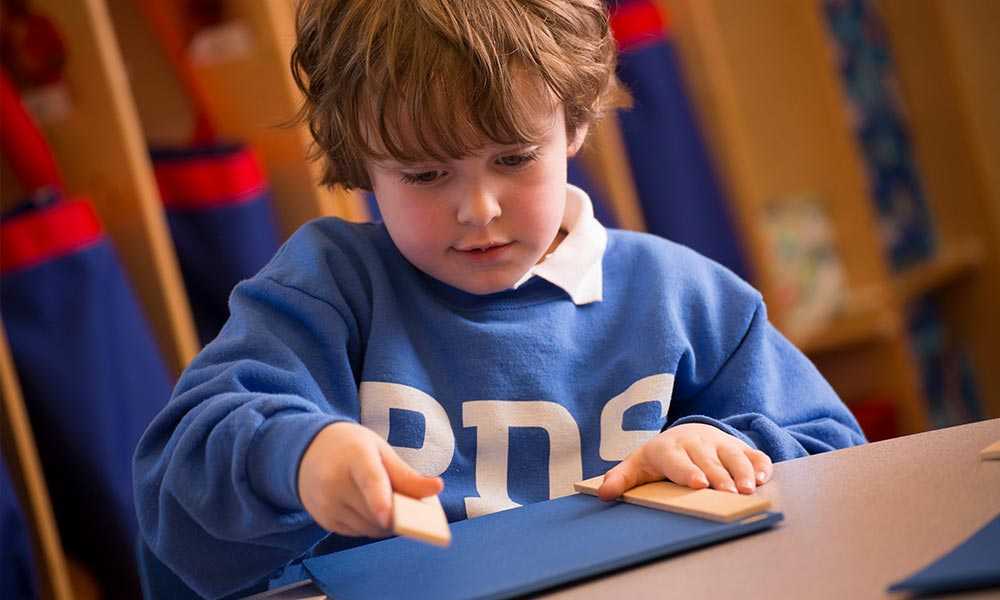
11
We aren't just boy-friendly; we're boy-specific.
Guiding Principles
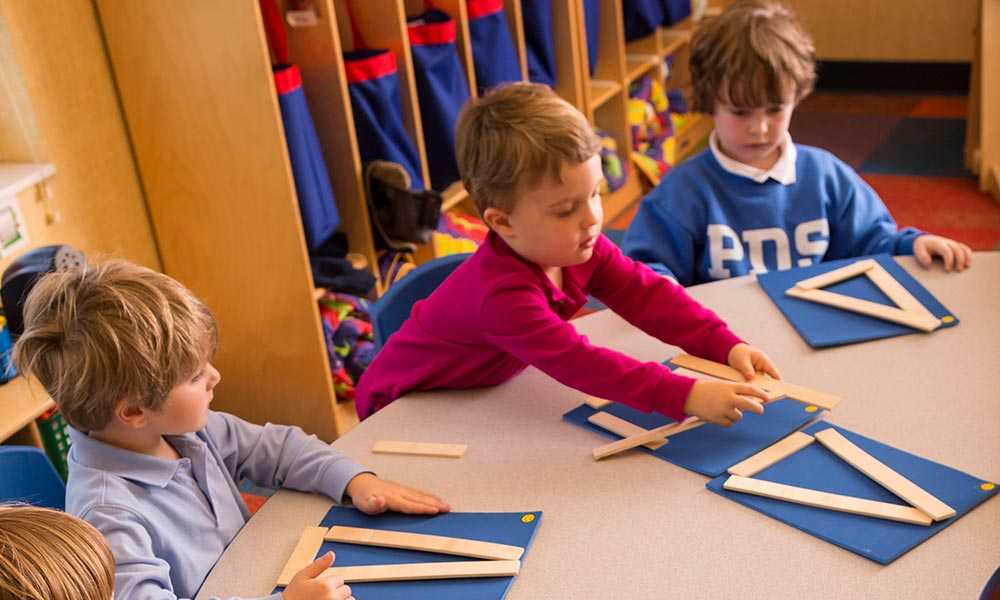
12
Our program sets a foundation of learning that will help boys thrive beyond PDS.
Guiding Principles
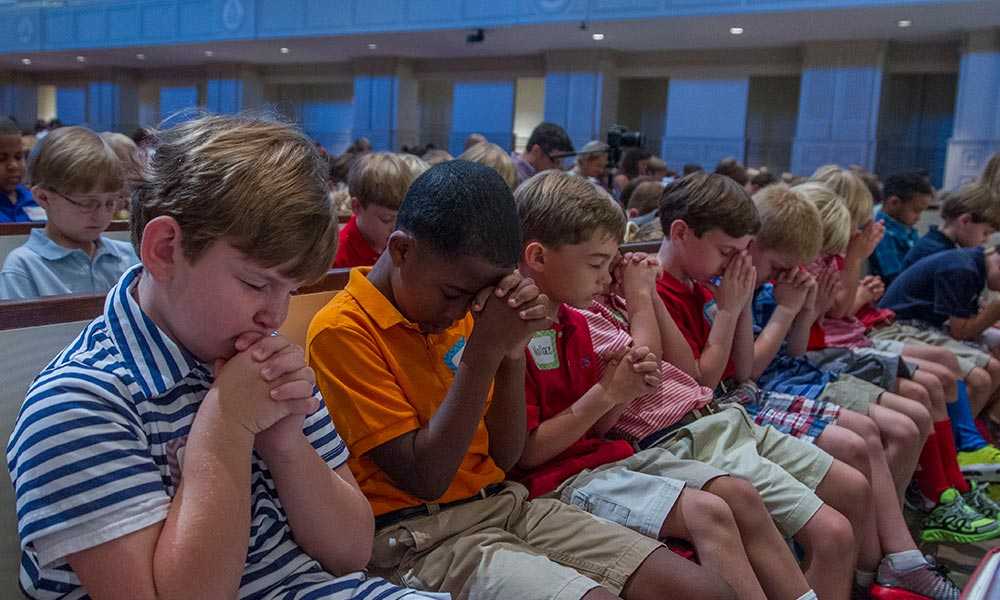
13
We take time to make sure our faculty and staff are growing spiritually.
Guiding Principles
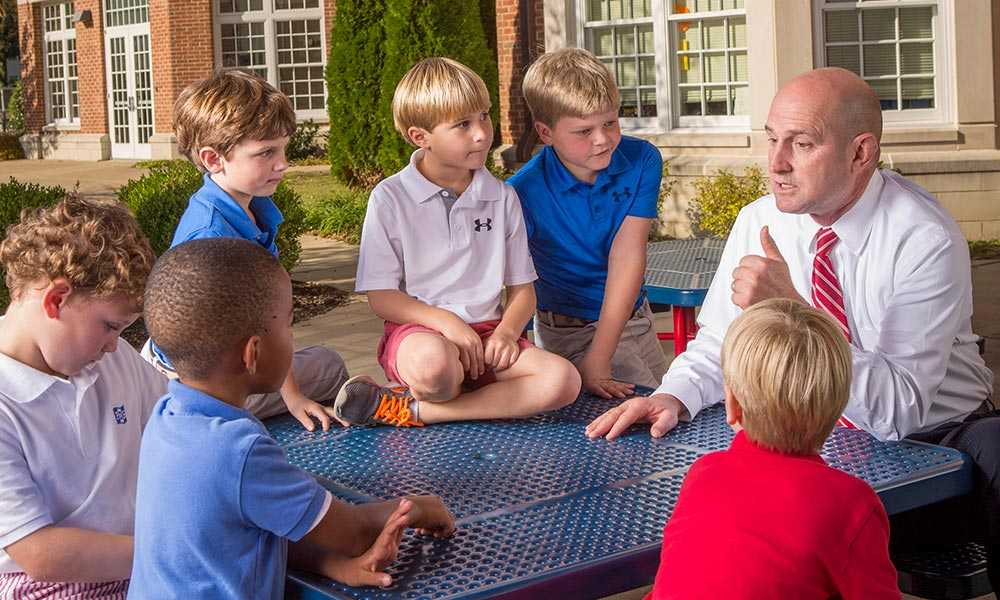
14
We hold high standards for ourselves, pushing ourselves to reflect, renew, and grow.

